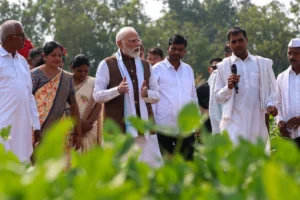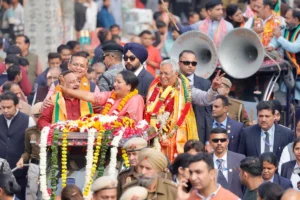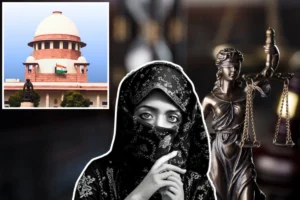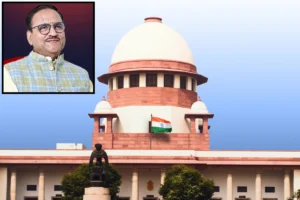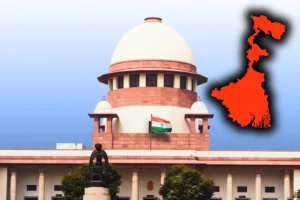
Australia Engages India Over Concerns About Khalistani Terrorist's Death Following Canada's Allegations
In its initial response to the controversy surrounding Canada’s allegations of Indian officials’ involvement in the killing of a Khalistani terrorist, Australia has labeled the reports as “concerning” and has confirmed that it raised the issue with its “Indian counterparts.”
Australia holds a significant role in international alliances, including being a member of the Quadrilateral Security Dialogue (Quad) with India, Japan, and the United States. Additionally, it is part of the Five Eyes intelligence alliance, which includes Canada, the United States, the United Kingdom, and New Zealand.
Background and Canadian Prime Minister’s Statement
Canadian Prime Minister Justin Trudeau, while addressing the Canadian parliament on Monday, claimed that his government had “credible allegations” linking the killing of Khalistani terrorist Hardeep Singh Nijjar in June with “agents of the Government of India.” He emphasized the need for New Delhi to treat Nijjar’s killing with “utmost seriousness.” However, Mr. Trudeau also stated that he did not intend to “provoke” India or escalate tensions.
The Indian government swiftly rejected the allegations, deeming them “absurd and motivated.”
Australia’s Response
Australian Foreign Minister Penny Wong commented on the situation, stating, “Look, these are concerning reports, and I note that investigations are still underway, but obviously these are concerning reports, and we are monitoring these developments closely with our partners, and we’ll continue to do so… We have, Australia has raised these issues with our Indian counterparts, as you would expect us to do.”
When asked whether Australia planned to discuss the matter with Japan, considering its membership in the Quad, Ms. Wong emphasized Australia’s position on respecting the sovereignty of all countries and upholding the rule of law.
Concerns About Foreign Interference and Sikh Indians in Australia
Responding to questions regarding foreign interference from India in Australia, Minister Wong emphasized Australia’s robust democracy and the importance of peaceful expression of different views. She refrained from specifying the details of how Australia had shared its concerns with India or the information exchanged with Canada.
Ms. Wong also did not provide specific information about whether the topic was raised privately at the G20 Summit in New Delhi earlier in the month.
Regarding concerns about the safety of Sikh Indians in Australia, Ms. Wong noted that the allegations were still under investigation and emphasized the Australian government’s commitment to upholding democratic principles, including the right to peaceful protest.
Diplomatic Expulsions
The diplomatic dispute between India and Canada escalated with Canada expelling a senior Indian diplomat, who it claims is the head of India’s Research and Analysis Wing (RAW) in the country. In response, India asked a senior Canadian diplomat to leave the country within five days.
India’s External Affairs Ministry issued a strong denial of Mr. Trudeau’s allegations, stating, “Allegations of the Government of India’s involvement in any act of violence in Canada are absurd and motivated. Similar allegations were made by the Canadian Prime Minister to our Prime Minister and were completely rejected.”
Diplomatic Efforts Prior to Allegations
According to a report in The Washington Post, Canadian officials had sought public condemnation of Nijjar’s killing from their allies, including the United States, in the weeks leading up to the allegations. However, they were reportedly met with reluctance from these allies.
This diplomatic dispute has raised concerns and underscores the complex nature of international relations and alliances in a rapidly evolving global landscape.
To read more such news, download Bharat Express news apps







